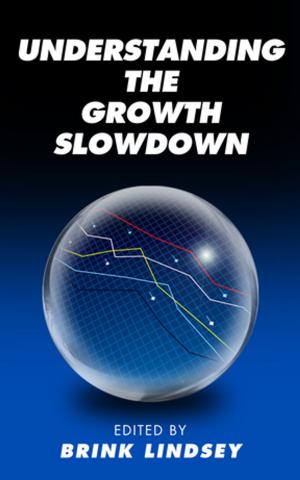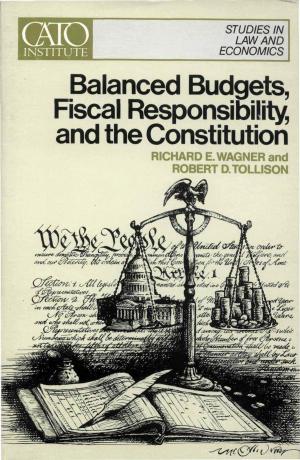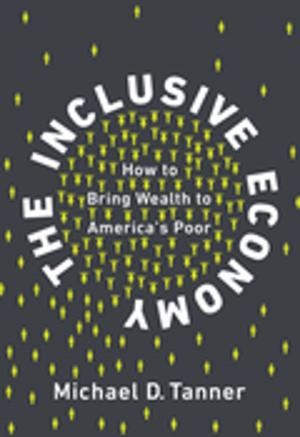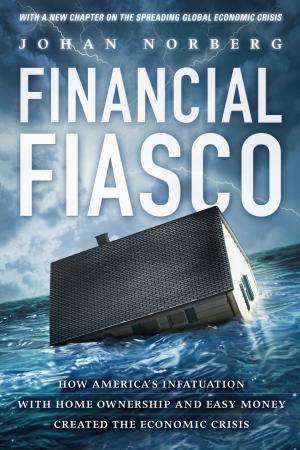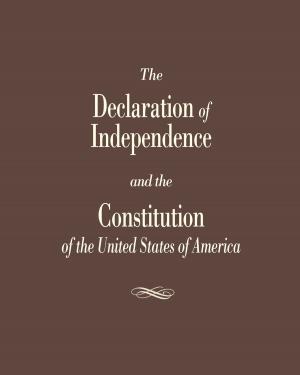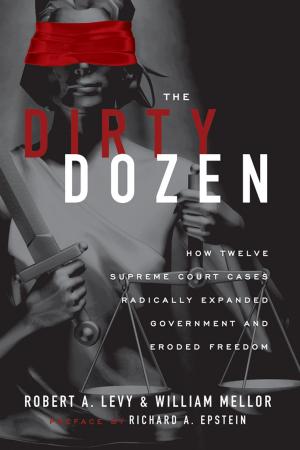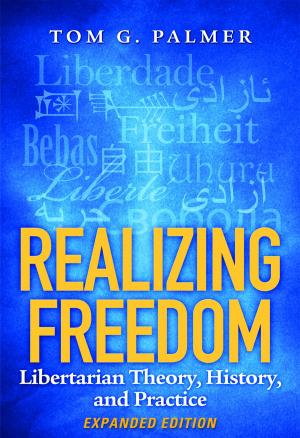The Tyranny of Silence
Nonfiction, Social & Cultural Studies, Political Science, Social Science, Business & Finance| Author: | Flemming Rose | ISBN: | 9781939709431 |
| Publisher: | Cato Institute | Publication: | November 11, 2014 |
| Imprint: | Cato Institute | Language: | English |
| Author: | Flemming Rose |
| ISBN: | 9781939709431 |
| Publisher: | Cato Institute |
| Publication: | November 11, 2014 |
| Imprint: | Cato Institute |
| Language: | English |
Journalists face constant intimidation. Whether it takes the extreme form of beheadings, death threats, government censorship or simply political correctness—it casts a shadow over their ability to tell a story.
When the Danish newspaper Jyllands-Posten published the cartoons of the prophet Muhammad nine years ago, Denmark found itself at the center of a global battle about the freedom of speech. The paper's culture editor, Flemming Rose, defended the decision to print the 12 drawings, and he quickly came to play a central part in the debate about the limitations to freedom of speech in the 21st century. In The Tyranny of Silence, Flemming Rose writes about the people and experiences that have influenced his understanding of the crisis, including meetings with dissidents from the former Soviet Union and ex-Muslims living in Europe. He provides a personal account of an event that has shaped the debate about what it means to be a citizen in a democracy and how to coexist in a world that is increasingly multicultural, multireligious, and multiethnic.
Journalists face constant intimidation. Whether it takes the extreme form of beheadings, death threats, government censorship or simply political correctness—it casts a shadow over their ability to tell a story.
When the Danish newspaper Jyllands-Posten published the cartoons of the prophet Muhammad nine years ago, Denmark found itself at the center of a global battle about the freedom of speech. The paper's culture editor, Flemming Rose, defended the decision to print the 12 drawings, and he quickly came to play a central part in the debate about the limitations to freedom of speech in the 21st century. In The Tyranny of Silence, Flemming Rose writes about the people and experiences that have influenced his understanding of the crisis, including meetings with dissidents from the former Soviet Union and ex-Muslims living in Europe. He provides a personal account of an event that has shaped the debate about what it means to be a citizen in a democracy and how to coexist in a world that is increasingly multicultural, multireligious, and multiethnic.

